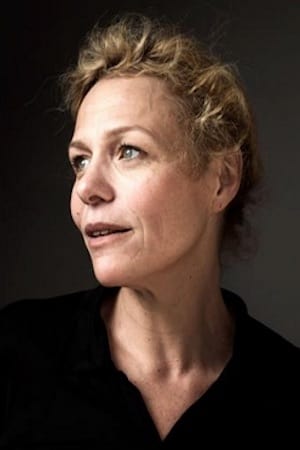
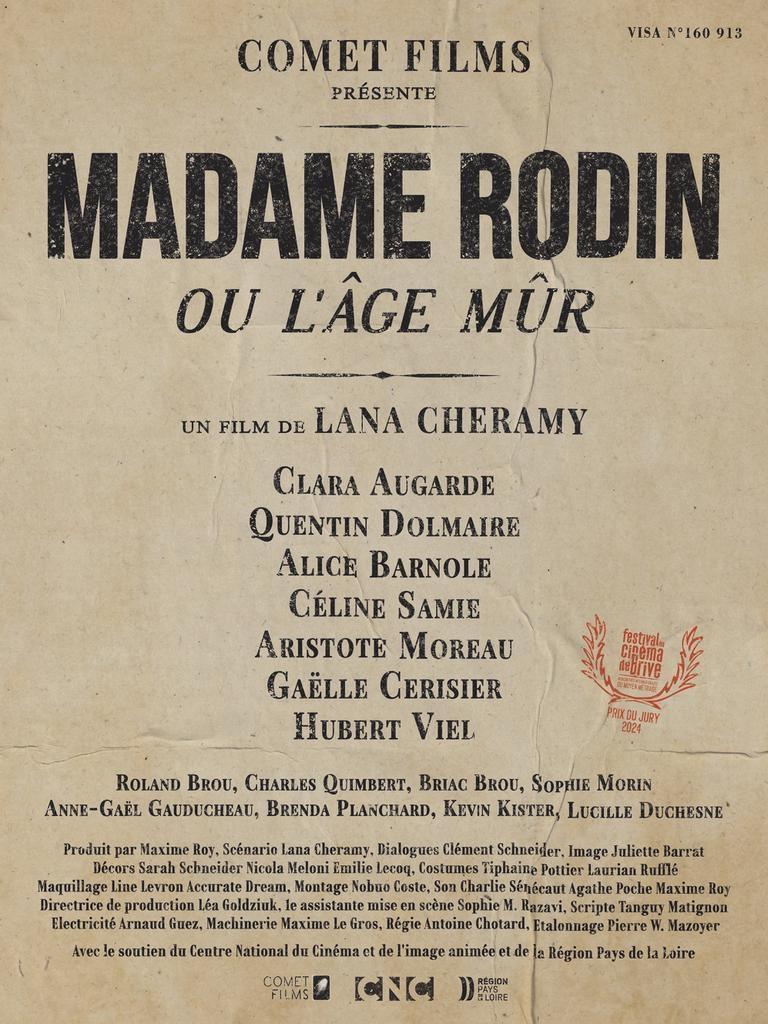
In February 1871, at the dawn of the Paris Commune, Rose Beuret, Auguste Rodin's companion, was alone in the studio. In the absence of her companion, she was responsible for maintaining his sculptures. The clay had to be kept moist every day. In the course of her daily work, Rose develops a strange illness: the skin on her damaged hands gradually turns as grey as the clay. She develops an irrational fear of turning into a statue.

Dive into the depths of the Syrian civil war through the eyes of Antoine, a young French man, in search for his estranged, presumed to be dead sister. While unraveling the mystery, piece by piece, Antoine’s journey crosses paths with adventurers and anarchists, spies and innocent victims, and provides a unique look on the tragic events in Syria, and the way they affect the entire world.
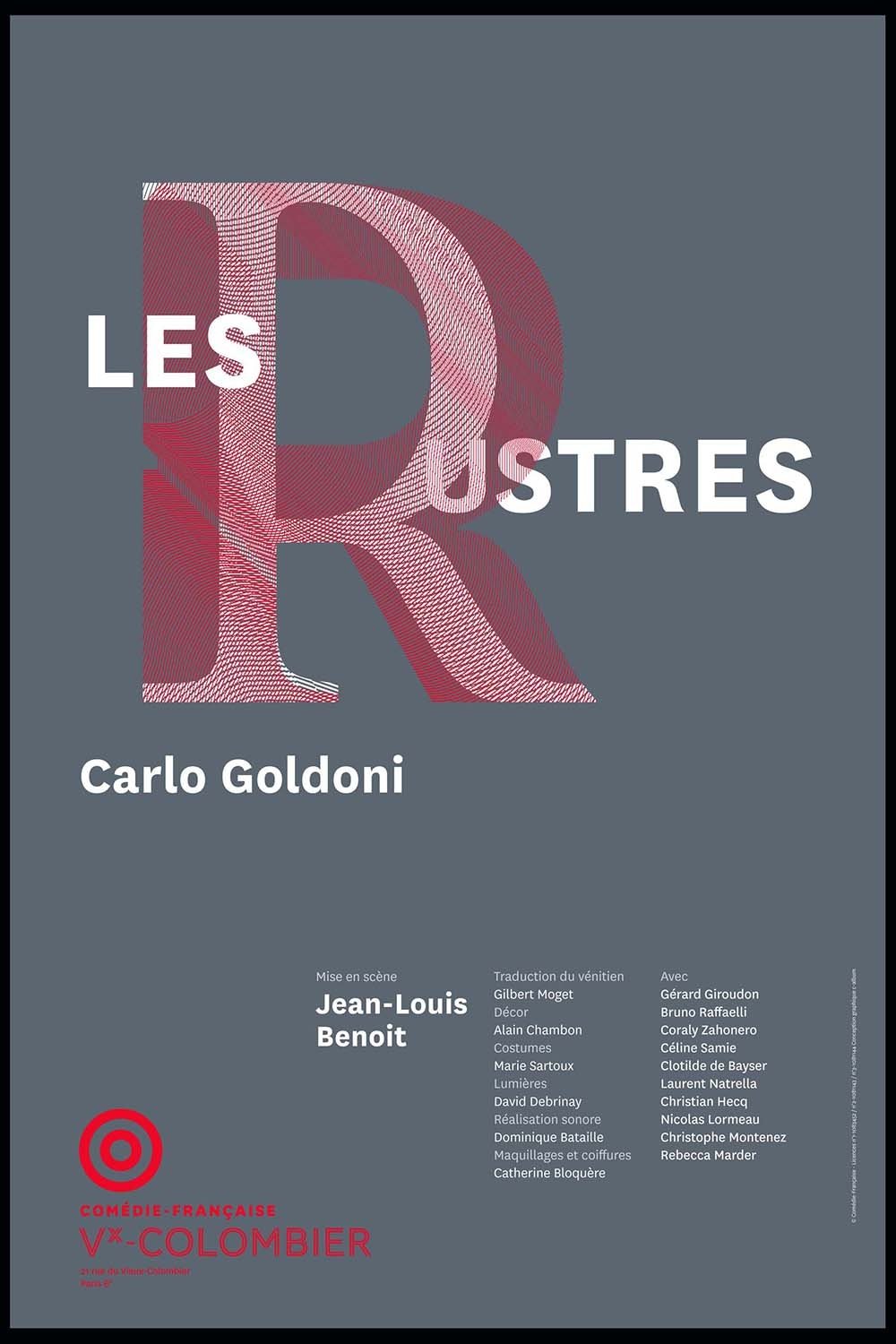
Written in 1760, Carlo Goldoni’s comedy has never been performed at the Comédie-Française, perhaps overshadowed by the famousHoliday Trilogy. A satire of the Venetian merchant class, embodied by narrow-minded, complaining and intolerant men whose mistrust of the fairer sex borders on the absurd, The Boors perfectly illustrates Goldoni’s theatre, a “theatre of life with a real content, characters observed in reality, and a natural expression.” Thus, a theatre in which the man Voltaire described as “nature’s son and painter” scrutinises his contemporaries, their relationships and their social behaviour. His work served to entertain while providing posterity with an acute testimony of the morals of his time. Indeed, Jean-Louis Benoit warns against reducing the author to a simple “photographer of reality”.
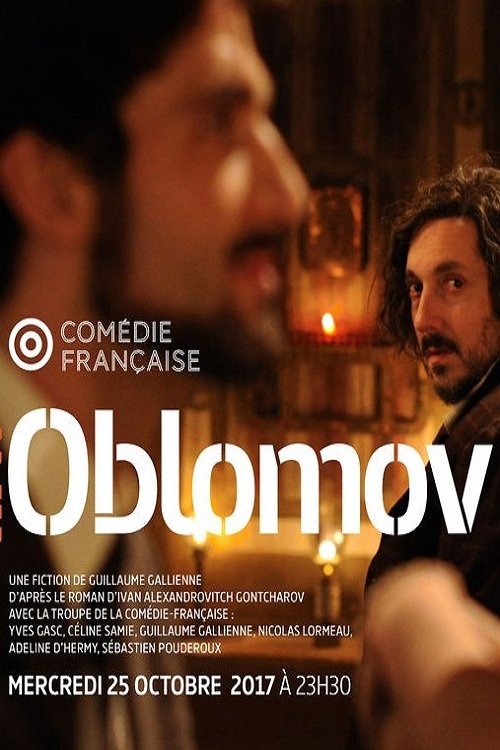
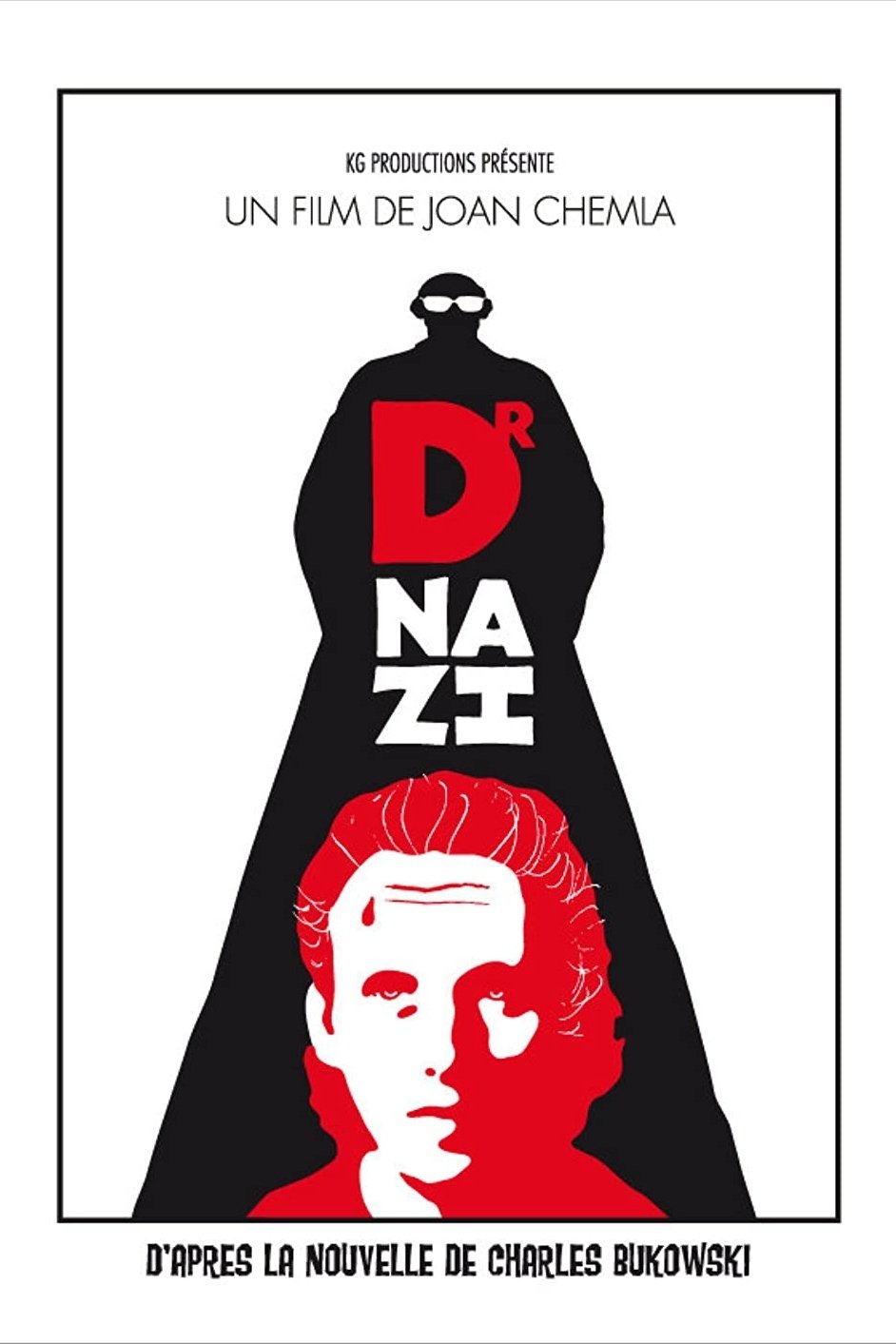
Charles Chinaski is a guy with many problems and feels responsible for most of them: women, alcohol, his hostility towards certain groups of people. One day, he decides to consult the first doctor he comes across.
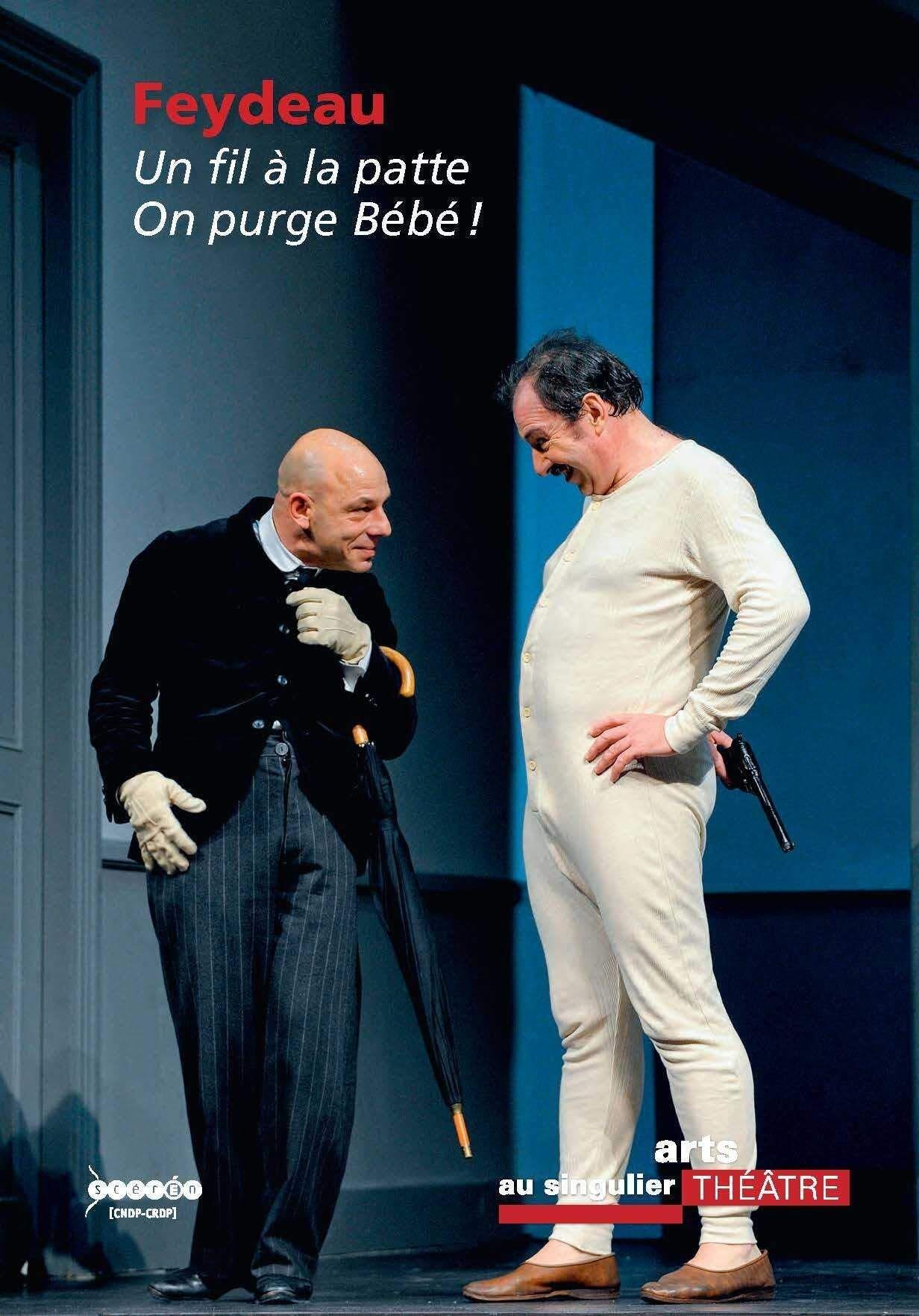
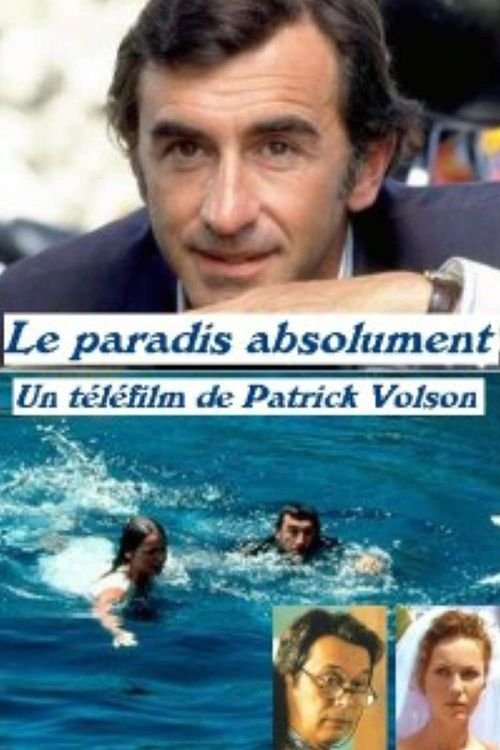
Gerard has just lost his job and his marital life is falling apart. He accidentally falls off a bridge and meets Sarah who believes he wanted to commit suicide.
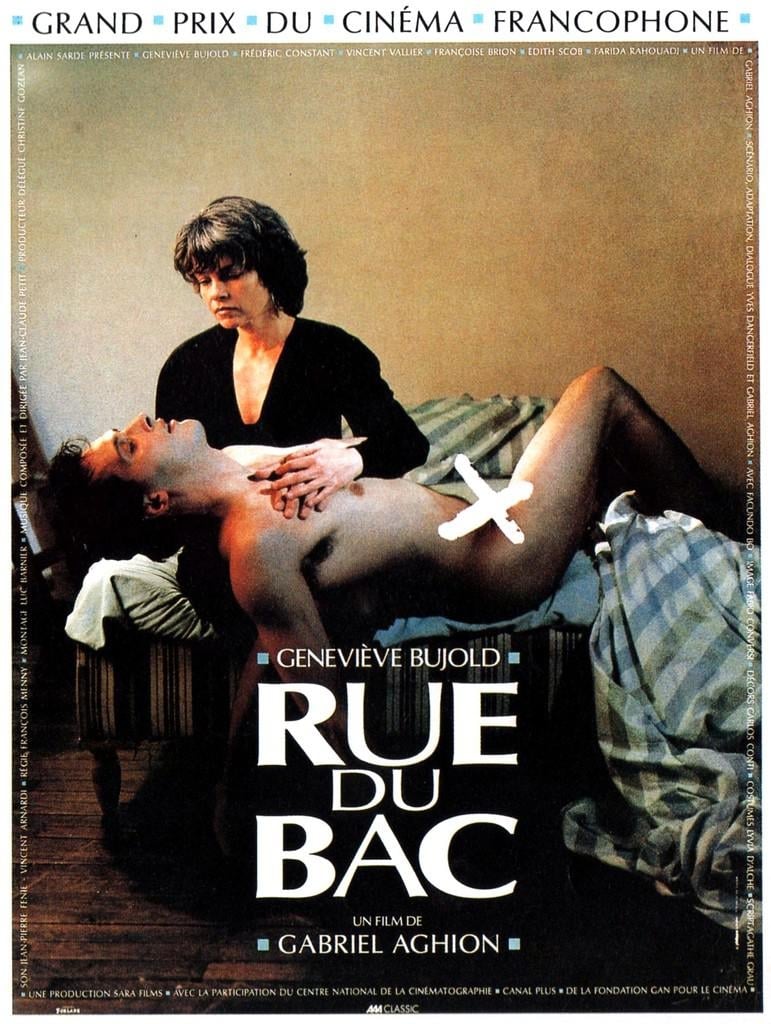
Simon lives in an affluent intellectual environment, headed by his mother Alice. Raphael, his cousin, belongs to the poor branch of the family, but Simon adores him. So he decides to help him become a writer.
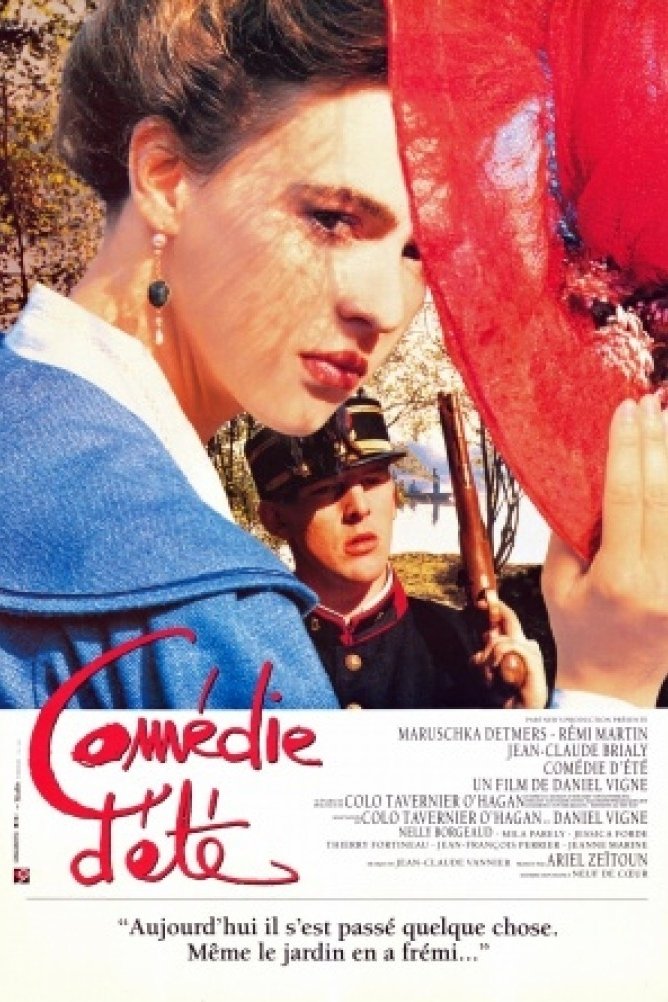
Adrien does not see eye to eye with his patrician father about much. It is 1912, and the old man still believes in the old rules which strait-jacket "men of class." He believes that the elite have the right to conquer where they can, that they should refrain from publicizing their improprieties, and he is rabidly pro-military. Adrian, kicked out of his military school for his own improprieties (and hiding that from his father), is naturally drawn to Vicky a beautiful divorced woman and friend of the family who is staying at their mansion. The family tutor, a man of ordinary background (with some ideas which seem radical in this household) is similarly smitten. On the basis of their shared attraction, the two men form a friendship. Meanwhile, the object of their affection finds it diverting to toy with them.
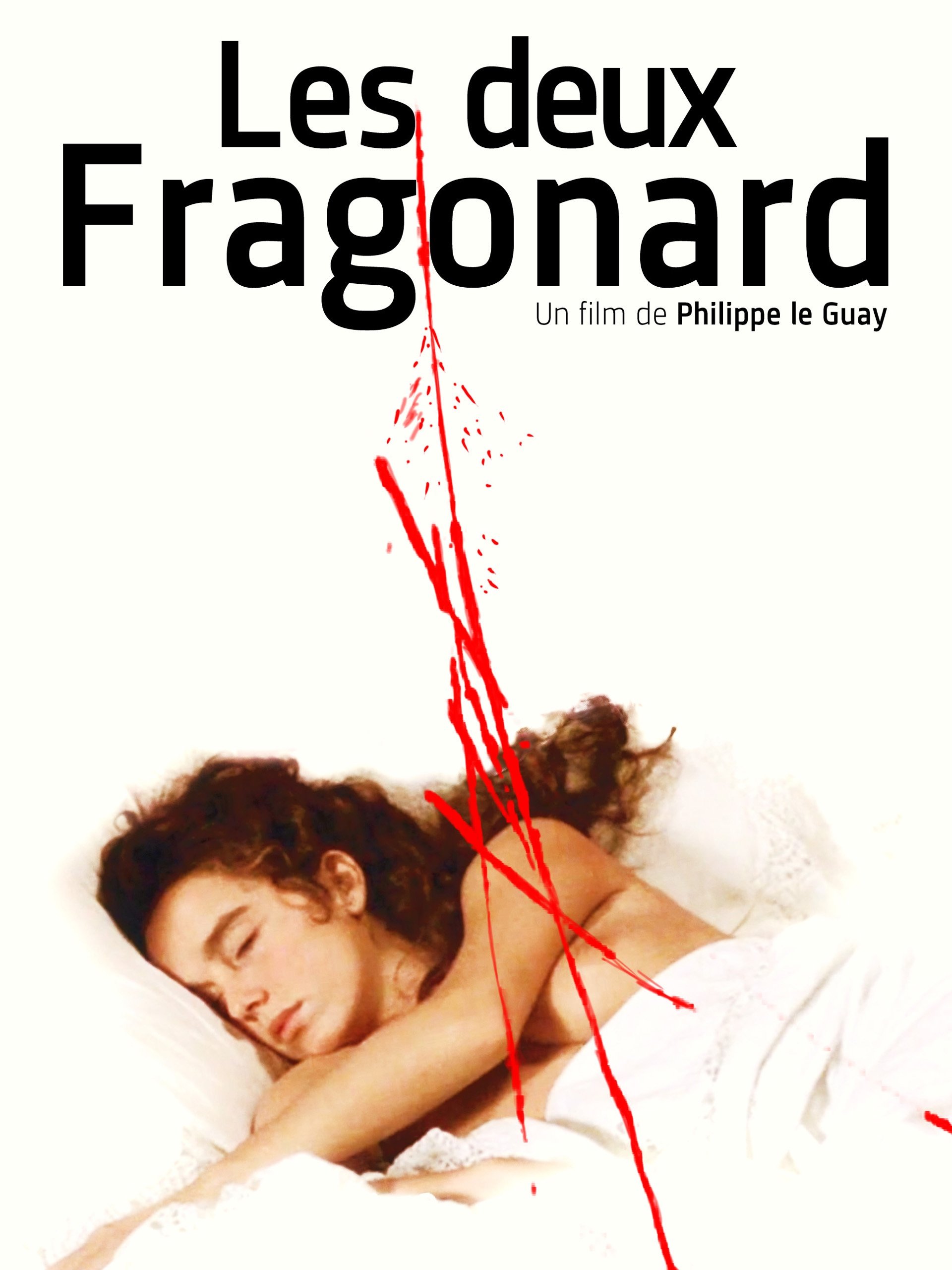
The name of painter Jean-Honore Fragonard (1732-1806) is synonymous for a kind of painting style which celebrates carefree romantic life, indoors and out. He was a painter during the final decades of the French monarchy. In this story, he and his brother Cyprien (Robin Renucci), who is an early pioneer in medical anatomy (he dissected corpses and made drawings of what he found in them), have fallen in love with the same woman, Marianne (Philippine Leroy-Beaulieu), a laundress. This attraction has not escaped the notice of Salmon d'Anglas (Sami Frey), a conniving nobleman, who has his heart set on getting revenge on Jean-Honore (Joachim de Almeida) for refusing his patronage and becoming the darling of the French court.
By browsing this website, you accept our cookies policy.